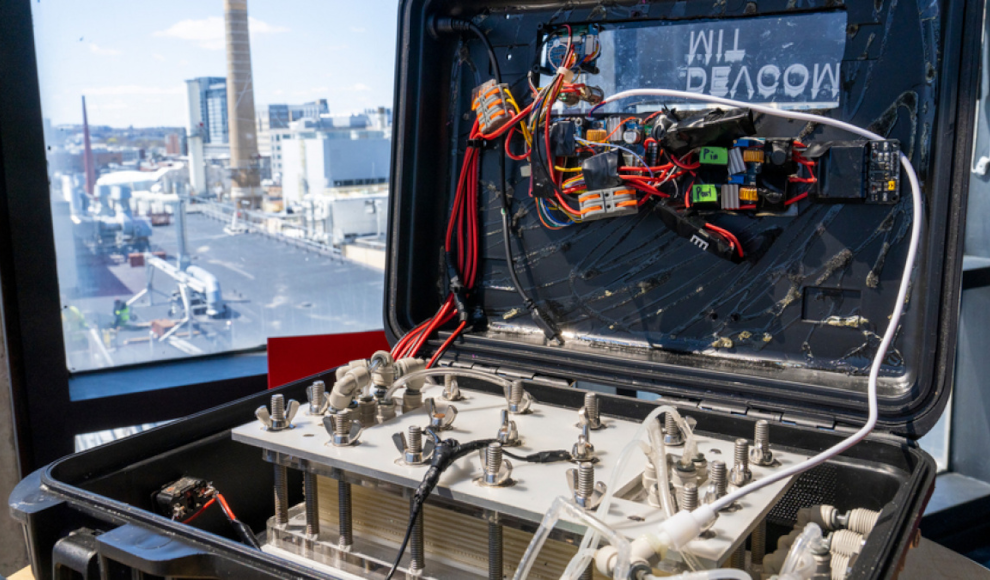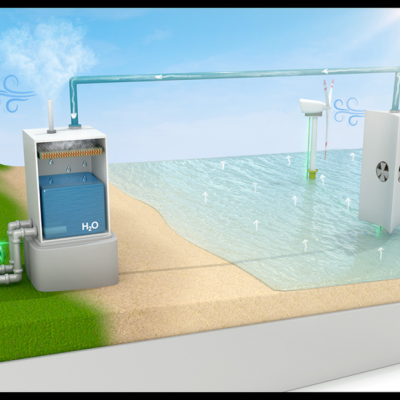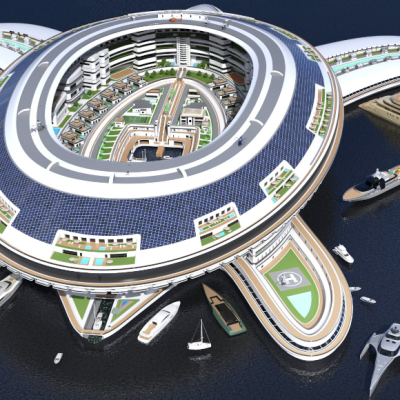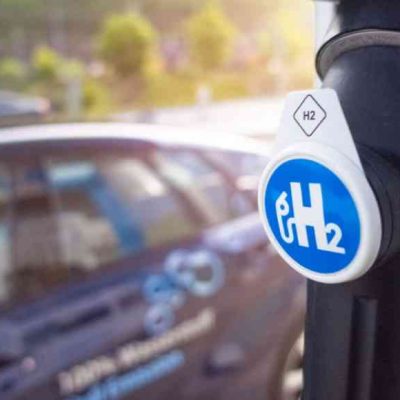In a breakthrough development, scientists at the Massachusetts Institute of Technology (MIT) have created a compact device that can turn saltwater into drinking water without the need for filters. The device, which weighs around 10 kilograms, uses electric energy to desalinate water, producing high-quality drinking water that exceeds the standards set by the World Health Organization. The system employs a process called ion concentration polarization (ICP) to remove salt, viruses, and bacteria from the water. An electric field is applied along a water channel, which repels positively and negatively charged particles, effectively removing salt, viruses, and bacteria. The remaining salt ions are then removed through a process called electrodialysis.
The device, which is easy to use and requires less energy than a smartphone charger, is ideal for use in crisis areas and resource-limited regions, such as on ships. The system is also capable of running on small solar panels. During a test at Carson Beach in Boston, the device was able to produce a plastic cup of fresh drinking water in just half an hour. However, the materials used in the device are expensive, and the maintenance required for heavily contaminated water is high.
The development of this compact device is a significant step forward in the field of desalination, as it eliminates the need for filters and high-pressure pumps, making it easier to miniaturize the system. The device’s ability to remove salt, viruses, and bacteria from water makes it an essential tool for providing clean drinking water in crisis situations and resource-limited areas. The device’s ease of use and low energy requirements make it an attractive option for use in remote areas where access to clean water is limited.










